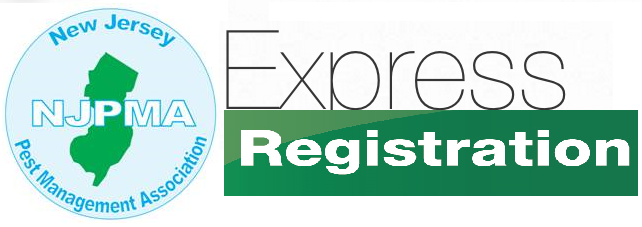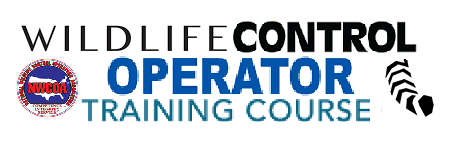
Certified Wildlife Control Operator Training
Presented by the NJPMA and the NWCOA.
Monday & Tuesday, October 28-29th, 2019
Radison Hotel
21 Kingsbridge Drive
Piscataway, NJ 08854
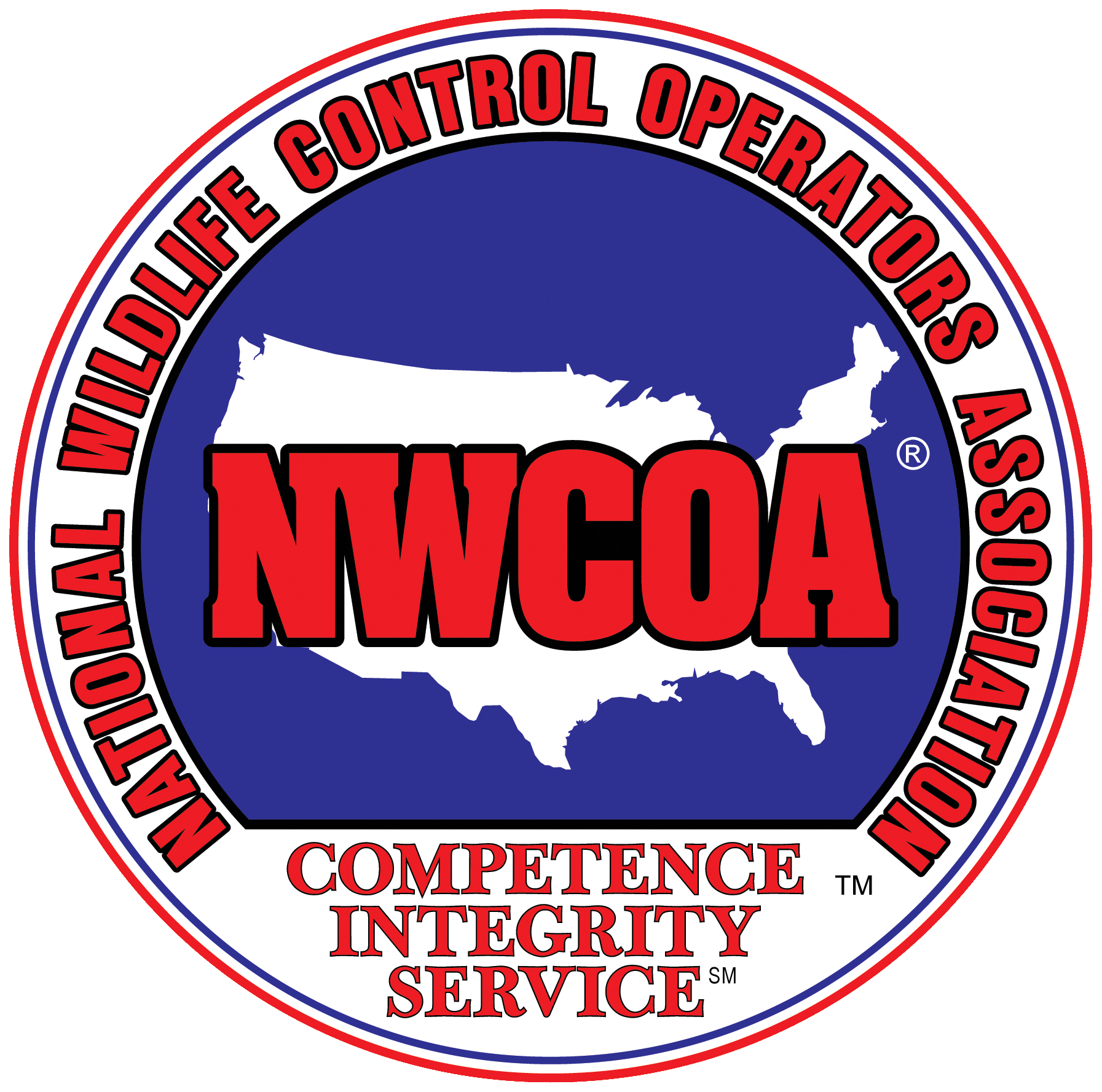
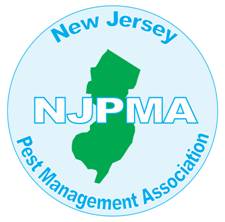
What is the Wildlife Control Operator Training Course?
This course is designed to train new and current WCOs that perform wildlife management services in or on residential and commercial properties. This course is a two-day, hands-on classroom style training course taught by Master NWCOA Instructors and Certified NWCOA Instructors.
Who is the NWCOA?
NWCOA is a national trade association representing the wildlife control industry. As a membership-based, non-profit organization, we are dedicated to supporting businesses and providers of wildlife control services by providing training and education, and promoting competence, service and integrity within the wildlife damage management industry.
What Topics Will Be Covered?
Course topics include bats, birds, skunks, raccoons and squirrels and other commonly encountered problem species, animal biology, animal handling, euthanasia, trapping, exclusion, zoonotic disease, inspection, safety, and more. Upon successful completion of this course and a test (80% correct), the WCO will receive a certificate of completion, use of the logo mark in marketing materials and become a Certified Basic Wildlife Control Operator.
Who are the NWCOA Master Trainers?
Gregg Schumaker
Gregg has been working in the wildlife field for more than 27 years. His experiences include working for the Michigan Department of Natural Resources, Wildlife Division as a fur-bearer research technician and as a wildlife technician for the National Park Service on Assateague Island, MD. Also, Gregg has worked for the USDA, Animal, Plant, and Health Inspection Service – Animal Damage Control as a full-time wildlife control technician in North Carolina. His company, Wildlife Management and Nuisance, provides wildlife conflict solutions for all of Northern Michigan and the Eastern Upper Peninsula.
Gregg is currently the Training Coordinator for the National Wildlife Control Operators Association and is a Certified NWCOA Instructor for Wildlife Control Operator Training Course, the Advanced Operator Training Course, and is a Master NWCOA Instructor for the Bat Standards Certified Training Course.
Charles Holt
Charles has been engaged in the nuisance wildlife control industry for nineteen years, first as a technician, then as a branch supervisor/trainer for a national company. For the last 11 years he has been the owner of Advantage Wildlife Removal specializing in solutions to prevent future human/wildlife conflicts.
He has presented at both regional and national wildlife control training events on topics such as wildlife handling, ethics, exclusion or repairs to stop future wildlife conflicts and other topics.
Charles holds Certified NWCOA Instructor credentials for the Wildlife Control Operators Training Course, Bat Standards Certified and is a Master NWCOA Instructor for the Advanced Operators Training Course. He is a Certified Wildlife Control Professional (CWCP); a title held by less than two dozen operators nationwide.

Monday Presentation
8:00 am – 8:15 am
Introduction
8:15 am – 8:45 am
Principles of Wildlife Damage Management – Charles Holt, Advantage Wildlife Removal, New Richmond, OH and President of NWCOA
Participants will learn the 9 principles of Wildlife Damage Management: strictly follow all laws, regulations and the label; behave in a professional manner; treat people, property and wildlife with respect; be sensitive to different viewpoints on WDM; promote competence by supporting high standards of education, employment and performance; treat other practitioners in a courteous manner; strive to broaden knowledge; attempt to resolve wildlife damage conflicts with the most humane, selective, practical, and effective techniques; encourage clients and others involved in the situation to do the same.
8:45 am – 9:45 am
Safety - Charles Holt
Participants will understand safety considerations when choosing work clothing and personal protective equipment, characteristics of good inspection lights and respirators, set up a ladder safely, safely climb and dismount a ladder, safety considerations for entering an attic or crawl space, considerations for handling animals safely.
9:45 am – 10:00 am
Break
10:00 am – 11:00 am
Zoonotic Diseases – Gregg Schumaker, Wildlife Management and Nuisance, Conway, MI; NWCOA Training Coordinator
Participants will learn the common zoonotic diseases and vector-bourne illnesses, groups most vulnerable to transmission, understand the need for protective equipment, explain causes of most common zoonotic diseases and understand how they are transmitted to humans.
11:00 am – 12:00 pm
Inspection – Charles Holt
Participants will understand the inspections process, the proper tools needed and when to use them, and know the right questions to ask client to obtain needed information.
12:00 pm – 12:30 pm
Lunch (provided)
12:30 pm – 1:15 pm
Control Methods – Gregg Schumaker
Participants will learn the definition of integrated wildlife damage management, understand the need for a variety of control techniques, know the tools used for control, the methods to resolve wildlife damage conflicts, methods to reduce damage before using toxicants, various methods to repel, exclude or kill pests, fencing and other exclusion tactics can prevent vertebrate pest problems.
1:15 pm – 2:15 pm
Exclusion – Charles Holt
2:15 pm – 2:30 pm
Toxicants – Gregg Schumaker Participants will learn the difference between anticoagulants and acute toxicants, general application techniques for rodenticides and avicides and explain the dangers of toxicants to non-target species.
2:30 pm – 2:45 pm
Break
2:45 pm – 3:00 pm
Trapping – Charles Holt Participants will learn the different sets for capturing animals on land and in and around water, understand principles and techniques used to increase selectivity of sets, various ways to anchor traps and the importance of anchors, identify parts of cable- restraint and foothold traps, and how they are used.
3:00 pm – 4:00 pm
Animal Handling – Gregg Schumaker Participants will learn the principles of proper animal handling, apply appropriate animal handling principles to specific situations, define relocation and translocation, identify tools used in animal handling.
4:00 pm – 4:30 pm
Euthanasia and Carcass Disposal – Charles Holt Participants will learn the to compare and contrast differences between capture methods and euthanasia techniques, know reasons for using proper euthanasia techniques, identify 4 signs that confirm death of an animal, understand when a method meets AVMA guidelines, explain options for appropriate disposal of carcasses.
4:30 pm – 5:30 pm
Review
Tuesday Presentation
8:30 am – 9:30 am
Business Practices – Gregg Schumaker Participants will learn the what questions to ask to identify the needs of the client, explain how your service meets or exceeds their expectations, understand when your service cannot satisfy your client.
9:30 am – 10:30 am
Legal and Ethical Considerations – Charles Holt Participants will learn about the Federal pesticide laws and wildlife control regulations including the agencies EPA, USDA Wildlife Services, OSHA and Centers for Disease Control and what they regulate: FIFRA, Migratory Bird Treaty Act, Endangered Species Act, Occupational Safety and Health Act. State agencies and laws, as well as local laws. Also covers ethics.
10:30 am – 10:45 am
Break
10:45 am – 11:45 am
Bats – Gregg Schumaker Participants will learn the general signs of the presence of bats and their damage, identification of type, biology and behavior of bats, process involved in excluding bats, handling and the importance of exposure and rabies.
11:45 am – 12:15 pm
Lunch (provided)
12:15 pm – 1:15 pm
Raccoons – Charles Holt Participants will learn the general biology and behavior of raccoon species, damage identification, prevention and control methods, exclusion, trapping and disposition and risks of working with raccoons.
1:15 pm – 2:15 pm
Skunks – Gregg Schumaker Participants will learn the general biology, behavior and species identification of skunks, damage identification, health and safety concerns, prevention and control methods, exclusion, trapping and disposition and odor removal.
2:15 pm – 2:30 pm
Break
2:30 pm – 3:30 pm
Tree Squirrels – Greg Schumaker Participants will learn the general biology, behavior and species identification of squirrels and their range, damage identification, health and safety concerns, prevention and control methods, exclusion, trapping and disposition.
3:30 pm – 4:30 pm
Urban Birds – Charles Holt Participants will learn the general biology, behavior and species identification of unprotected birds, damage identification, health and safety concerns, prevention and control methods, repellents and toxicants, exclusion, trapping and disposition.
4:30 pm – 4:45 pm
Test Prep
4:45 pm – 6:00 pm
Test
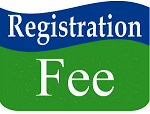
Two - Day Registration Fee
Includes Manual
NJPMA Member - $350.00
Non-Member - $450.00

Members get to enjoy Express Registration. Just a few clicks will save you money and get you on your way. Click HERE for Details!!

Planning on spending the night in Piscataway? Click HERE to reserve a room at the Radisson Hotel.
Mention the NJPMA to get a Special Rate!
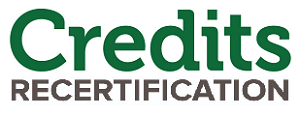

CAT 7A - 12
CAT 8A - 11
CAT 9 - 2
CORE - 5

15.5 PHCE

Cat 11 - 3
Cat 15 - 8
Cat 18 - 8
Cat 23 - 8
CORE - 4


